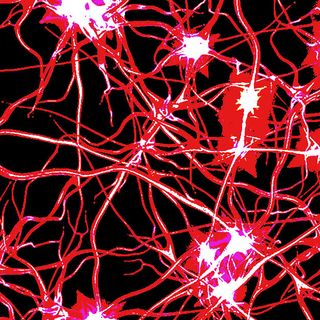In India and around the world, people are increasingly being diagnosed with depression, leading some researchers to consider the disease at an inflexion point and reconsider how we look at the disease. One new study particularly challenges our understanding of mental health by findings that suggest clinical depression is not a static illness, but one that progresses over time.
Researchers at the Centre for Addiction and Mental Health in Canada conducted new brain imaging that reveals the brain structure of a person suffering from long-term, untreated clinical depression can alter over time. Using PET scans brain, the team recorded a higher level of protein markers that is indicative of inflammation due to brain trauma. Comparing scans from patients who suffered for more than than 10 years of untreated clinical depression, as well as people who experienced less than 10 years’ depression and people who didn’t suffer from depression at all, the study was the first to show that the protein marker was 30% higher in the brains of patients who suffered from long-lasting untreated depression.
This means that in time, depression as an illness changes and exacerbates, says senior author Dr Jeff Meyer, of CAMH’s Campbell Family Mental Health Research Institute, and might require doctors to tailor how they treat the disease. Dr Meyer compared the structural changes in the brain caused by depression to the progression of Alzheimer’s disease, another disease of the brain, though he stopped short of calling depression degenerative (a term that describes gradual deterioration and loss of function in an organ) and is applicable to the effects of Alzheimer’s.
The idea of depression as a progressive disease is reinforced by clinicians’ observations that some people may have a few episodes of depression over a number of years, while others may suffer persistent episodes over decades, with worsening symptoms and increasing difficulty to even maintain regular day-to-day activities, Dr Meyer says.
Given both kinds of evidence, the team is now researching new forms of depression treatment that incorporate medication to reduce inflammation in order to tailor treatment to disease stage.




